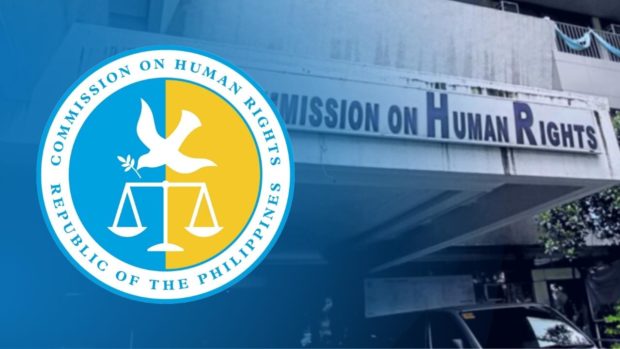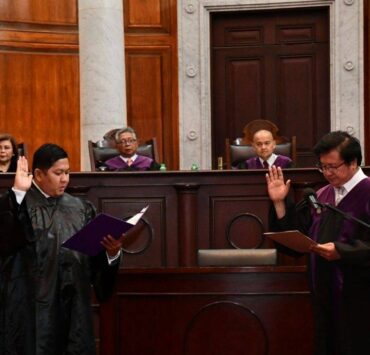CHR pushes bill on watchdog law vs torture, abuse

The Commission on Human Rights (CHR) has called for the passage of a law creating a national preventive mechanism against the torture and abuse of jail inmates.
The appeal is part of CHR’s “Bantay Bilangguan” campaign, launched yesterday with the support of civil society groups and government agencies. The campaign seeks systemic reforms in detention facilities and better protection of persons deprived of liberty’s (PDL) rights.
The campaign supports the country’s commitment to the Optional Protocol to the Convention Against Torture (Opcat), which the Philippines acceded to in 2012.
Adopted by the UN General Assembly in 2002 and in force since 2006, protocol aims to prevent torture and inhumane treatment through regular, independent monitoring through national preventive mechanism, meant to be an independent body empowered by law.
Despite being one of the 95 state parties to protocol, the Philippines has yet to establish its own preventive mechanism even after more than a decade after its accession to the treaty. Multiple bills supporting the creation of a preventive mechanism were filed in both houses of Congress last year, but remain pending in their respective committees.
The creation of a national mechanism is urgent, the CHR said, as data from the Bureau of Corrections show that the inmate population has continued to grow, reaching 54,820 this year—up from 48,264 in 2020.
CHR reports from 2023 indicate that cruel, inhuman or degrading treatment remains prevalent in detention centers, including beatings, sexual abuse and the denial of food or sleep. The agency also warned of the rapid spread of tuberculosis in overcrowded jails.
CHR also flagged prison congestion as a serious concern. Citing data from Penal Reform International, the commission said the Philippines ranks fourth globally in terms of overcrowded detention centers.

















